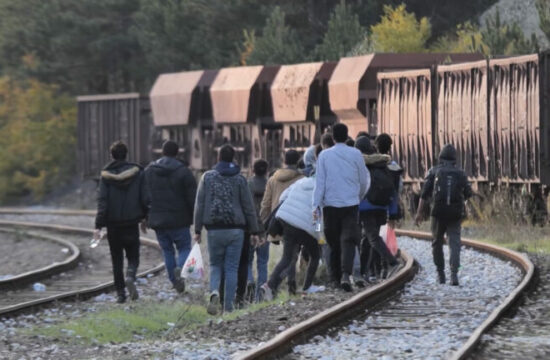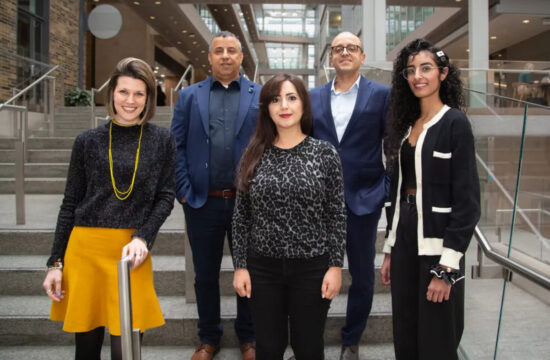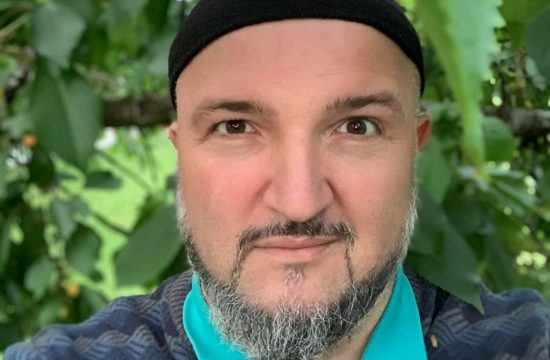The President of the International Residual Mechanism for Criminal Tribunals (MICT), Judge Theodor Meron gave an interview to N1, speaking about the last week's final verdict to the Serbian Radical Party Leader Vojislav Seselj.
N1 asked for a comment on the last week's verdict to Vojislav Seselj which he delivered, saying that it appeared to fast to some, that the disposition was too short.
Meron said he never comments on the verdicts. “The judges don't comment on their work. I think the verdict was prepared very carefully and verdicts are delivered only when we are convinced we are ready and when the job was well done. We stick to the facts and the laws and the verdicts speak for themselves. As you know, we said that Mr Seselj was guilty of crimes against humanity and various acts related to ethnic cleansing.”
When asked to comment on Seselj's non-attendance of the sentencing, Meron said that the rules say Seselj was not obliged to attend the sentencing. “He was given an opportunity to attend the sentencing. If he didn't want to attend the sentencing, it was in accordance with the rules. The rules were not broken,” Meron said.
Commenting on the case of Radovan Karadzic, a Bosnian Serb and former President of Republika Srpska (RS) entity during the Bosnian war of 1992–1995, Meron said the Court will have a hearing next week and then they will have some more information on this case. His estimates are that the verdict could be pronounced by December this year.
Meron refused to comment on the health status of Ratko Mladic, a Bosnian Serb and former Chief of Staff of the Army of RS in the Bosnian war. Meron said that Mladic's appeal to the International Criminal Tribunal for the former Yugoslavia's (ICTY) verdict which convicted him of war crimes, crimes against humanity, and genocide, is still in an early stage and he could not say when the final verdict would be pronounced.
Speaking about the Court itself, Meron said that its primary function was to establish the facts about the conflicts, not to write history. However, through the facts that the Court established, they have given a huge contribution to historical understanding of the terrible events that took place in Yugoslavia.
When asked about the victims of war and how satisfied he thinks they are with the Court's work, Meron said that he thinks “the victims can appreciate the work the ICTY has done, because without the ICTY the crimes would have remained unpunished. The law would not have been made clear in the cases of crimes against humanity and the crime of genocide.”
Judge Meron, is on an official visit in Sarajevo, Bosnia and Herzegovina, April 17th to 19th, 2018. As part of the visit, President Meron will meet with officials at the Court of Bosnia and Herzegovina, including the President of the Court, Judge Ranko Debevec, the President of the Court’s War Crimes Department, Judge Minka Kreho, the Deputy President of the Court, Judge Davorin Jukic, and the Registrar of the Court, Ms. Emira Hodzic, to discuss a range of issues, including the Mechanism’s provision of assistance to national authorities in dealing with war crimes cases.
This is President Meron’s first official visit to the former Yugoslavia since the closure of the ICTY at the end of 2017 and the assumption by the Mechanism of the remaining functions of the ICTY.




